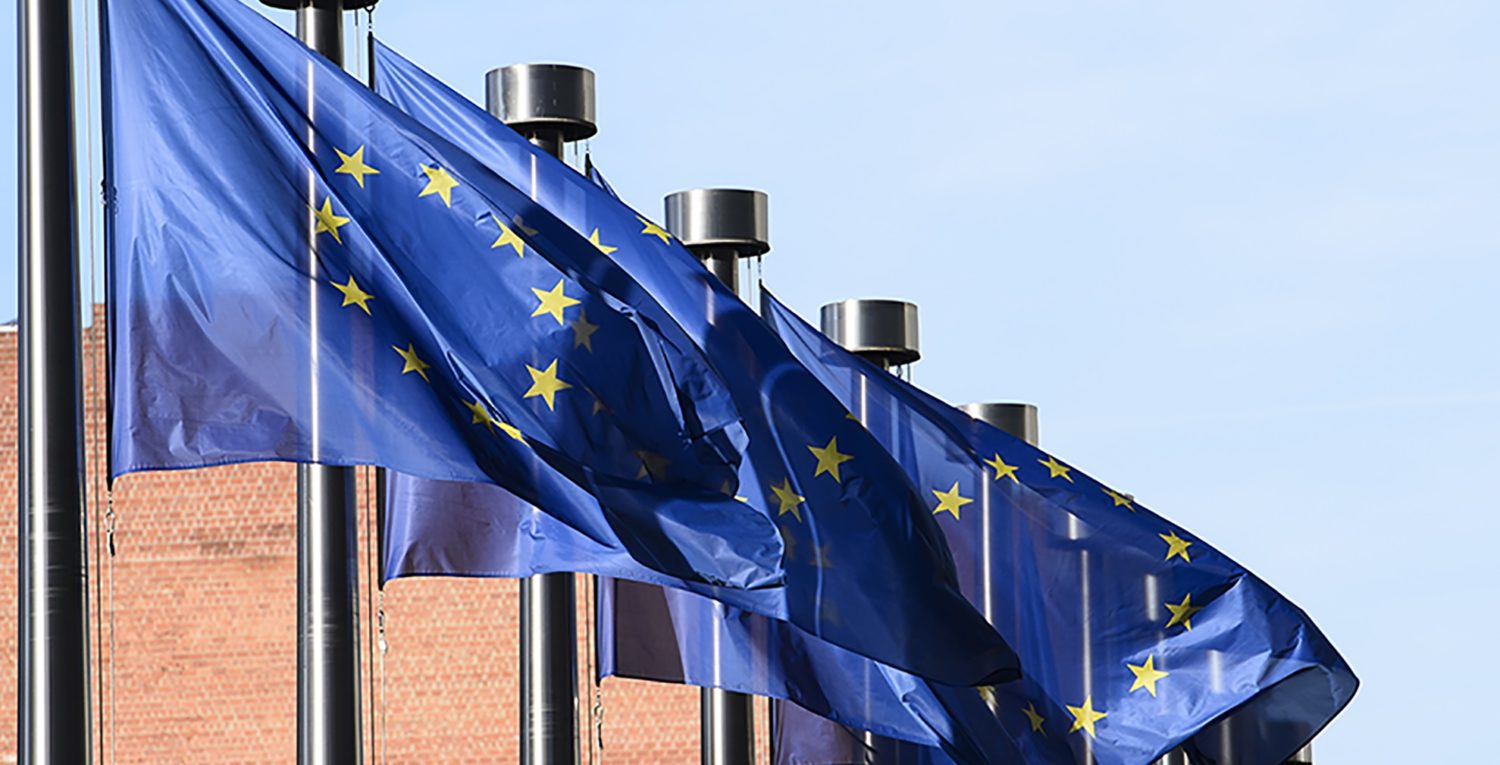Myths and realities
Would staying in a customs union betray the Brexit vote and stop Britain taking back control? Sven Bates takes a closer look.
The current gridlock over the government’s proposed Brexit deal has reinvigorated debate on the various other post-Brexit alternatives. Chief amongst these is a customs union, which is a model already adopted on other continents worldwide. Whilst a customs union falls short of some of the benefits of the single market, it still has considerable advantages over a UK-EU free trade agreement (FTA) in reducing cost and red tape, and also provides a better basis for solving the vexed question of Ireland.
With a UK-EU FTA, the key drawback is that duty relief only applies to UK and EU origin goods, not goods from third countries. This would be relevant to a huge range of items, for example cars exported to the EU from the UK containing engines manufactured elsewhere, or clothes imported from the EU to the UK containing cotton manufactured elsewhere. Moreover, businesses would have to go to the considerable time and expense of determining which goods are UK/EU origin and which aren’t.
In contrast, under a customs union, the problem of duties payments largely disappears, as all goods traded between the EU and UK would be tariff-free, irrespective of their origin. Furthermore, goods imported from third countries would be charged the same common external tariff in the EU as in the UK, which again makes things much simpler and more consistent for businesses. It is also worth noting that a UK-EU customs union would provide for much greater frictionless trade than the Turkey-EU customs union (as the latter does not cover all goods and is overly dependent on the checking of movement certificates and other documents, largely owing to Turkey’s other external borders).
An additional problem with the FTA model is that these origin assessments and duties payments for third country goods usually have to be checked by customs authorities at a border, all of which poses a major problem for Ireland. This border would either have to be drawn in the Irish sea or between Northern Ireland and the Republic, both of which are politically unconscionable. However, under a customs union, depending on the particular model adopted, there would be much more scope (both practically and politically) to dispense with a hard border in Ireland as all goods would be tariff-free. This provides for a much better basis for the continuation of travel, commerce and social intercourse that has helped create more harmony in the region.
That said, many critics are still concerned that a customs union would mean giving up control of our borders, laws and trade policy to the EU, thereby constraining our freedom and betraying the spirit of the referendum result. On closer examination however, these claims appear to be largely based on myths.
Myth 1: A customs union means we can’t pursue our own trade policy.
Admittedly, on goods, the UK would not be able to undercut EU tariffs agreed with third countries and would not be able to agree FTAs with third countries that did not already hold one with the EU. Otherwise the common external tariff would not work.
However, where the EU does negotiate FTAs with third countries on goods (and it has many), the UK would stand to gain from these and could still potentially influence the terms of UK access to the third country’s market.
More importantly, the UK could still unilaterally negotiate FTAs on services and investment with whatever third countries it likes on whatever terms it likes, irrespective of the EU. This is increasingly relevant given the UK economy is skewed towards services production (80 per cent services vs 20 per cent goods) and the UK exports almost half as many services globally as goods (45 per cent vs 55 per cent).
Myth 2: A customs union means accepting EU regulations, with the result we have failed to take back control of our laws.
It is true the UK would likely need to adopt legislation which mirrors EU laws, but only in respect of customs rules, which amount to less than 1 per cent of UK legislation. All other laws the UK would be free to control itself. It is possible (and arguably logical) that the UK may want to adopt other EU measures, for example on social and environmental matters, and/or strive towards more regulatory alignment to further reduce trade barriers. This would be a UK sovereign decision though, not something which flowed automatically from a customs union.
Myth 3: A customs union means continuing free movement of people, and we will have thus failed to take back control of our borders.
This is simply inaccurate. It is completely lawful and feasible to have a customs union without allowing free movement of people.
Overall, a customs union is thus perfectly compatible with Brexit principles of freedom, sovereignty and immigration control. In the cold light of day, it is difficult to see how this can be held up as a ‘betrayal of the will of the people.’ A customs union aligns the UK with the EU only on limited technical areas – third country goods FTAs and EU customs codes – neither of which could be considered as the casus belli of the British public voting for Brexit. Moreover, the UK stands to hugely benefit from harmonisation in these areas, and from the broader dissolution of trade barriers that a customs union offers, thereby protecting businesses and jobs.

